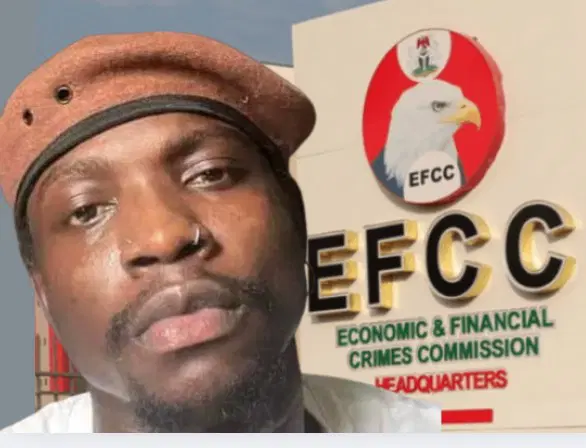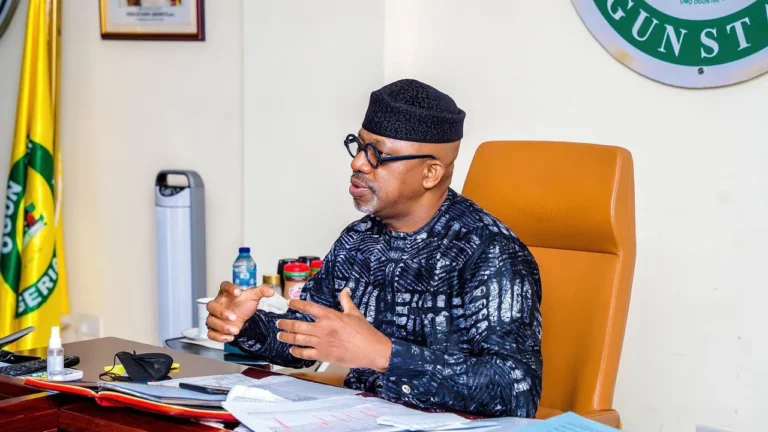
📰 EFCC Grants Bail to VeryDarkMan Amid Financial Crime Probes
By [Your Name or News Outlet]
The Economic and Financial Crimes Commission (EFCC) has officially confirmed the release of popular social media critic Martins Vincent Otse, also known as VeryDarkMan (VDM), on administrative bail following his arrest last week.
📌 Why EFCC Arrested VeryDarkMan
In a detailed press release issued on Monday, the Commission revealed that Otse’s arrest followed his failure to honor multiple invitations over a series of petitions alleging involvement in various financial crimes.
“Otse refused to show up in spite of several invitations sent to him through his known addresses and medium of communication,” the EFCC stated.
The Commission noted that although Otse had been openly critical of the EFCC’s operations on social media, those remarks were not the reason for his arrest. His apprehension was tied strictly to the serious nature of financial crime allegations under investigation.
🛡️ EFCC: “Not About Social Media Attacks”
The EFCC addressed public concerns about the arrest being politically or personally motivated. While acknowledging Otse’s “unguarded attacks” on the Commission, the EFCC stressed that its decision to detain him was lawful and procedural, citing the acquisition of an appropriate remand order.
“The petitions pertain to grave allegations of financial malfeasance which cannot be ignored,” the statement read.
🚨 Bail Conditions and Public Assurance
The agency confirmed that VeryDarkMan has been offered administrative bail and will be released upon fulfilling the required conditions. They assured Nigerians that the Commission’s work remains unbiased and apolitical.
“The EFCC should be allowed to do its job without fear or favour. As soon as investigations are concluded, charges will be filed.”
🗣️ Atiku Abubakar Reacts
Former Vice President Atiku Abubakar weighed in on the controversy, warning Nigerians against “state-sponsored tyranny” and calling for vigilance in protecting civil rights. His remarks reflect broader political concern over the EFCC’s perceived handling of social media figures and activists.



